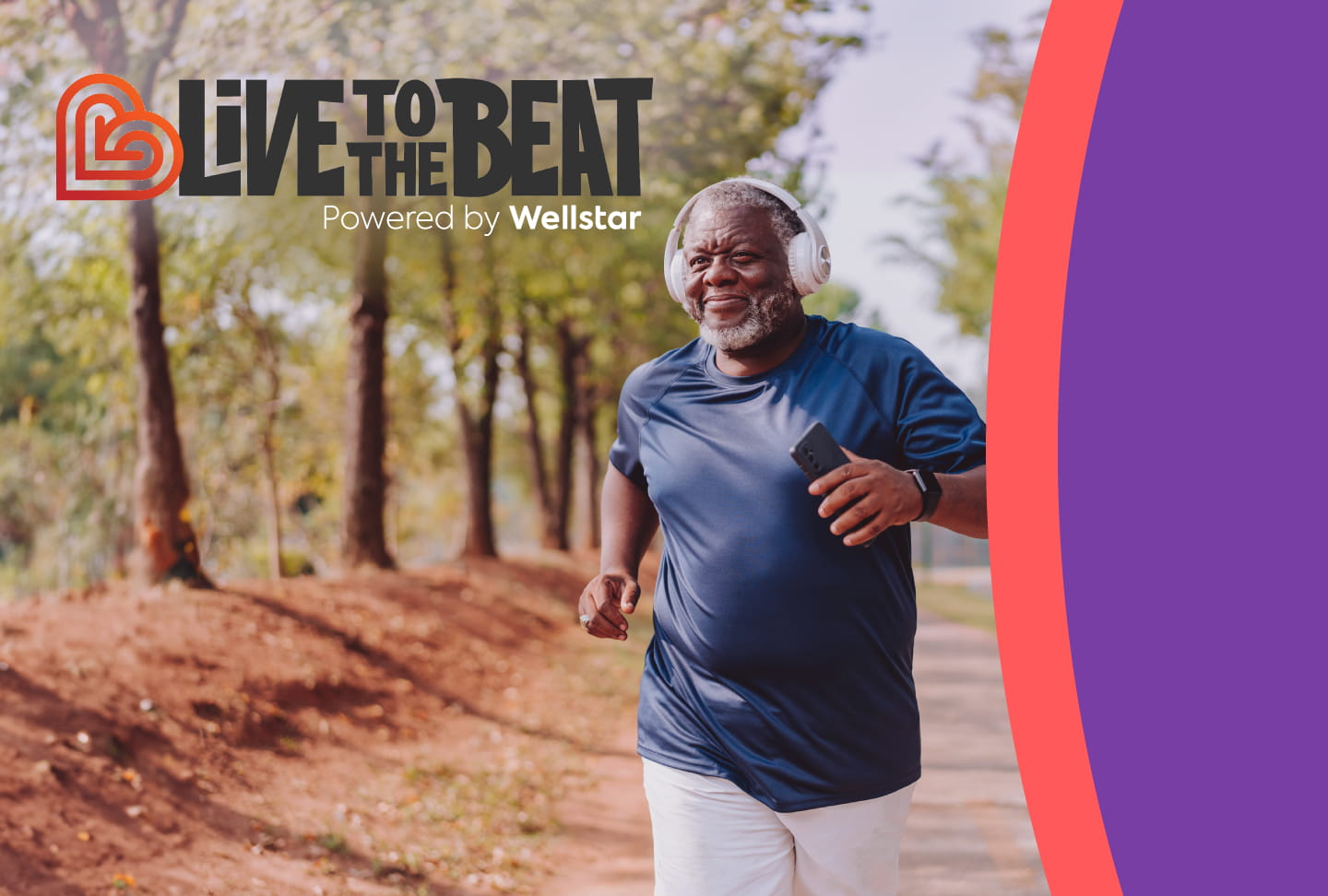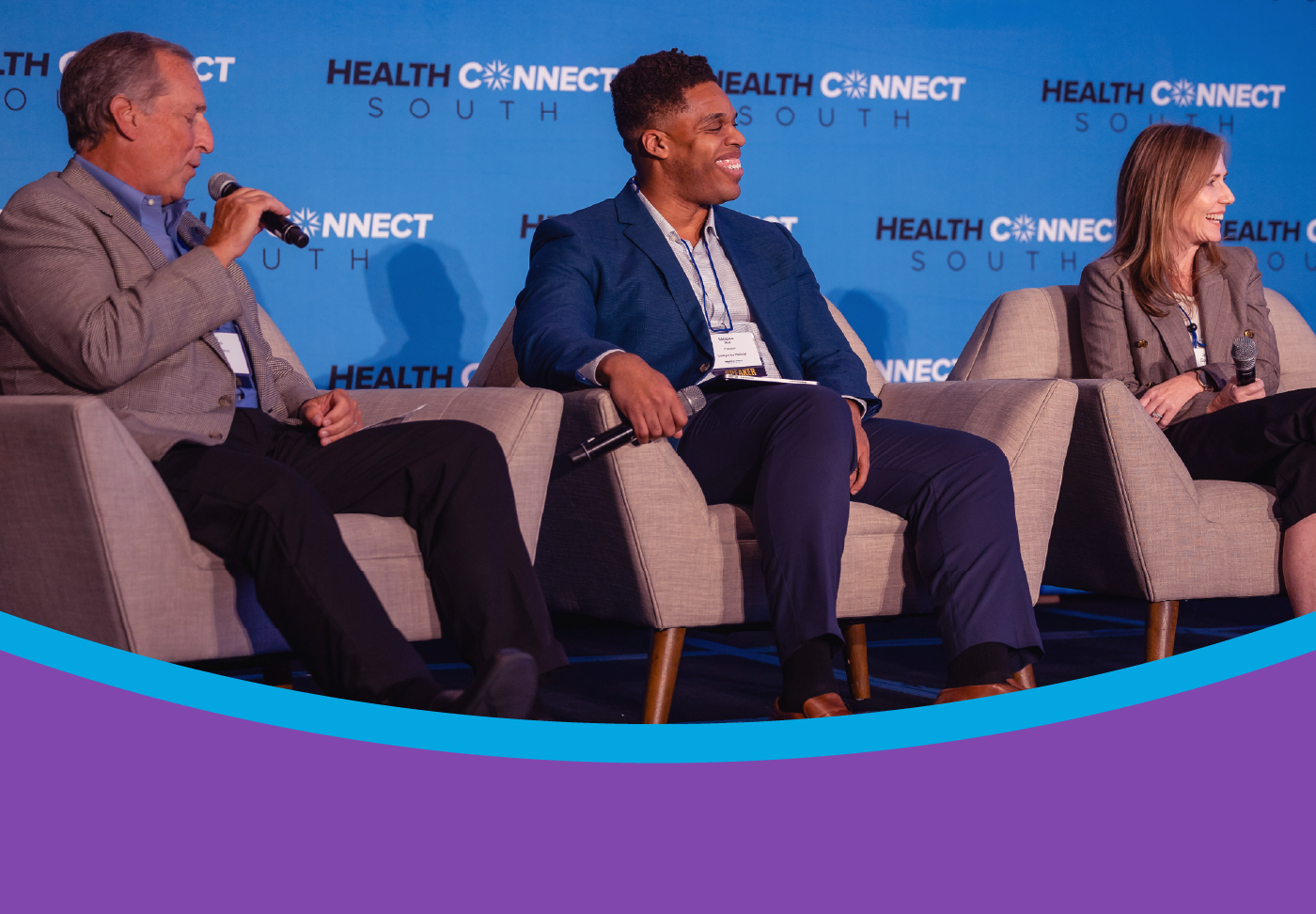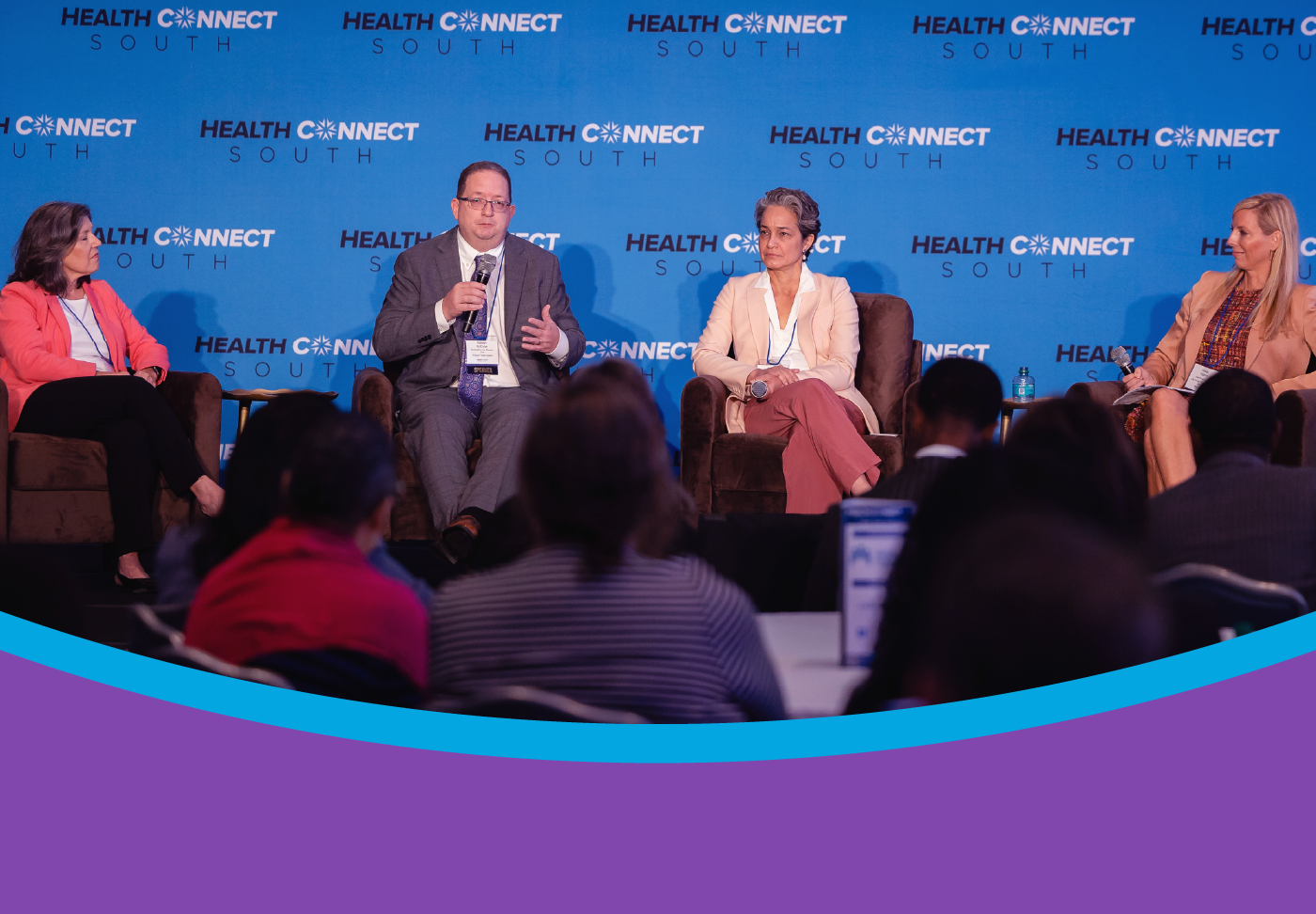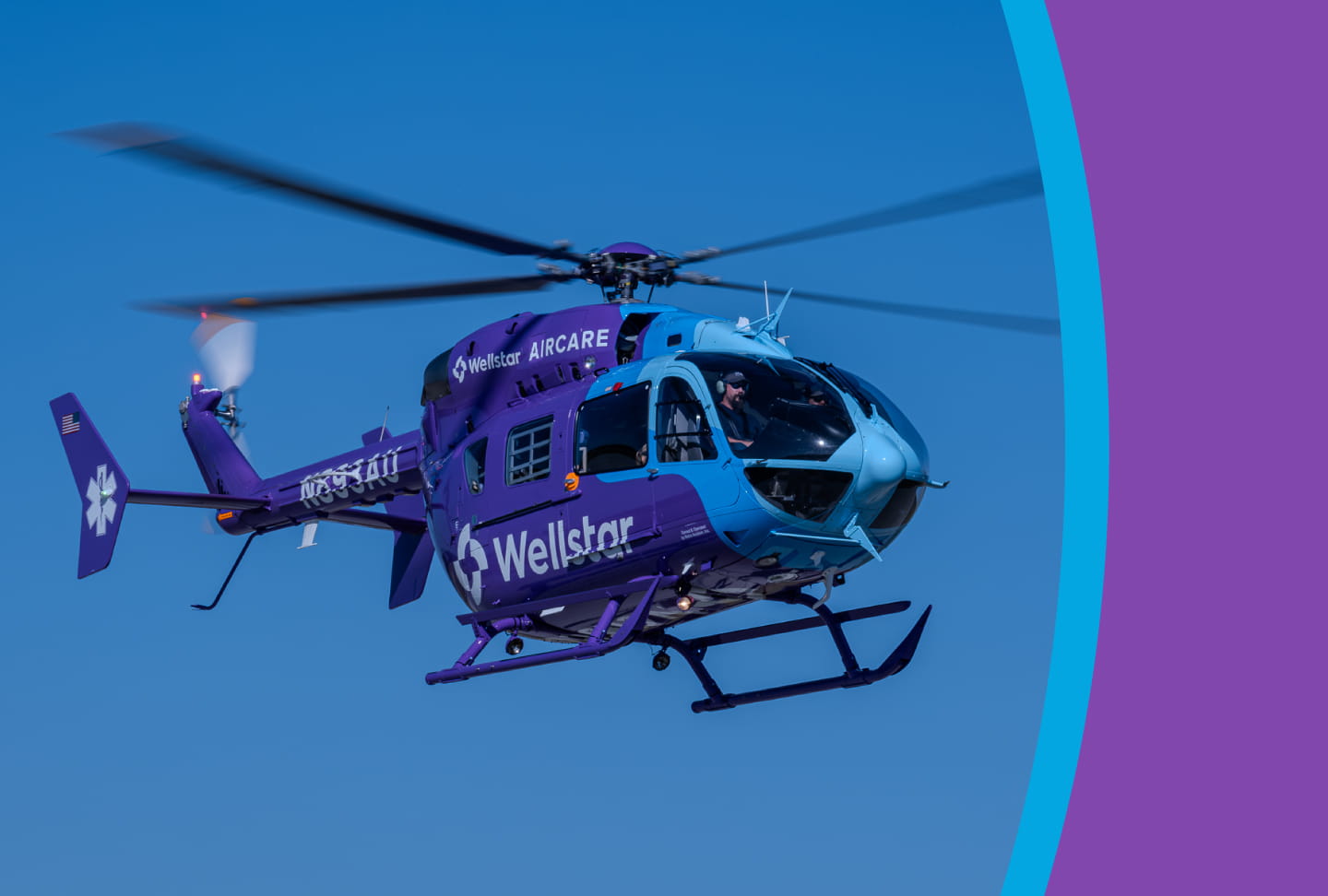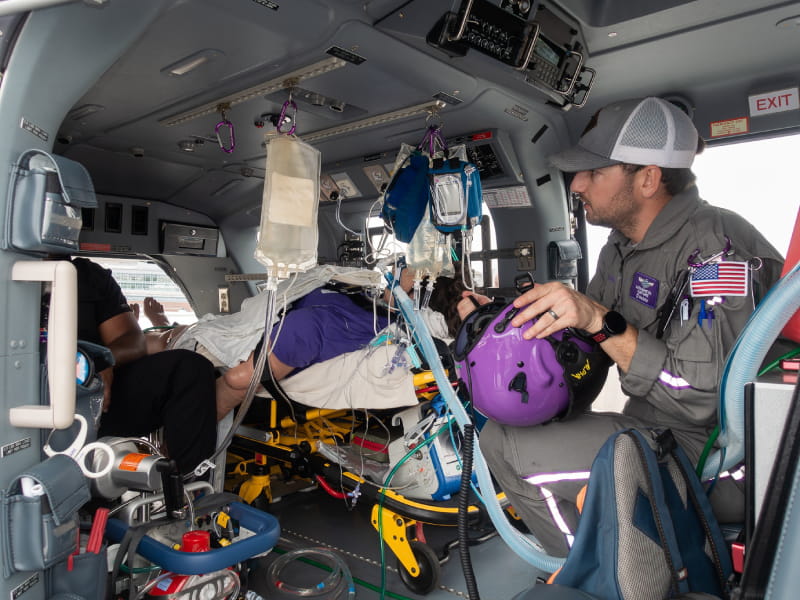Live to the Beat. Powered by Wellstar. is an initiative of the Wellstar Center for Health Equity and Wellstar Center for Cardiovascular Care, in collaboration with the American Heart Association, the CDC Foundation and Million Hearts. Through the program, participants meet monthly with a Wellstar Community Health community health worker (CHW) to monitor their blood pressure and discuss ways to keep their heart healthy, such as proper nutrition, exercise and caring for mental health.
Funding has been provided by the Wellstar Foundation to support a partnership with the United Way of Greater Atlanta for a CHW, who is trained using a Morehouse School of Medicine education curriculum.
Participants for the program are identified through the Wellstar Congregational Health Network, which partners with local faith communities to connect congregants with health resources.
The program is one of several Wellstar community initiatives to address social determinants of health, or the non-medical factors that can affect someone’s well-being, such as access to nutritious foods, housing and education.
"To improve community health and reduce heart attacks and strokes, we must consider non-medical factors," said Elise Lockamy-Kassim, Wellstar assistant vice president for community health and Wellstar Center for Health Equity. "For example, limited access to nutritious food can lead individuals to prioritize high-calorie, less healthy options for satiety, contributing to poor heart health. Food insecurity also causes stress, further weakening the body."
Celebrating a year of impact
The program launched in 2024 at two churches in East Point: First Baptist Church East Point and Mount Olive Seventh Day Adventist Church.
With 14 committed participants, First Baptist brought steady engagement and deep personal growth:
- 74% average attendance
- 80% reported positive health behavior change in daily life
- 43% saw improvements in their average blood pressure readings
- 2 participants reported a reduction in medication dosage or number of their medications
- 3 participants reported more regular visits to their doctors since joining the program
- 4.69 rating in knowledge gained and overall satisfaction rating of 4.77 out of 5
With 18 dedicated members, Mount Olive participants also made progress on their heart health journeys:
- 90% average attendance
- 82% reported positive health behavior change in daily life
- 61% saw improvements in their average blood pressure readings
- 3 participants shared that their clinicians reduced the dosage or number of their medications
- 2 participants reported more regular visits to their doctors since joining the program
- 100% 5-star rating in both knowledge gained and overall satisfaction

